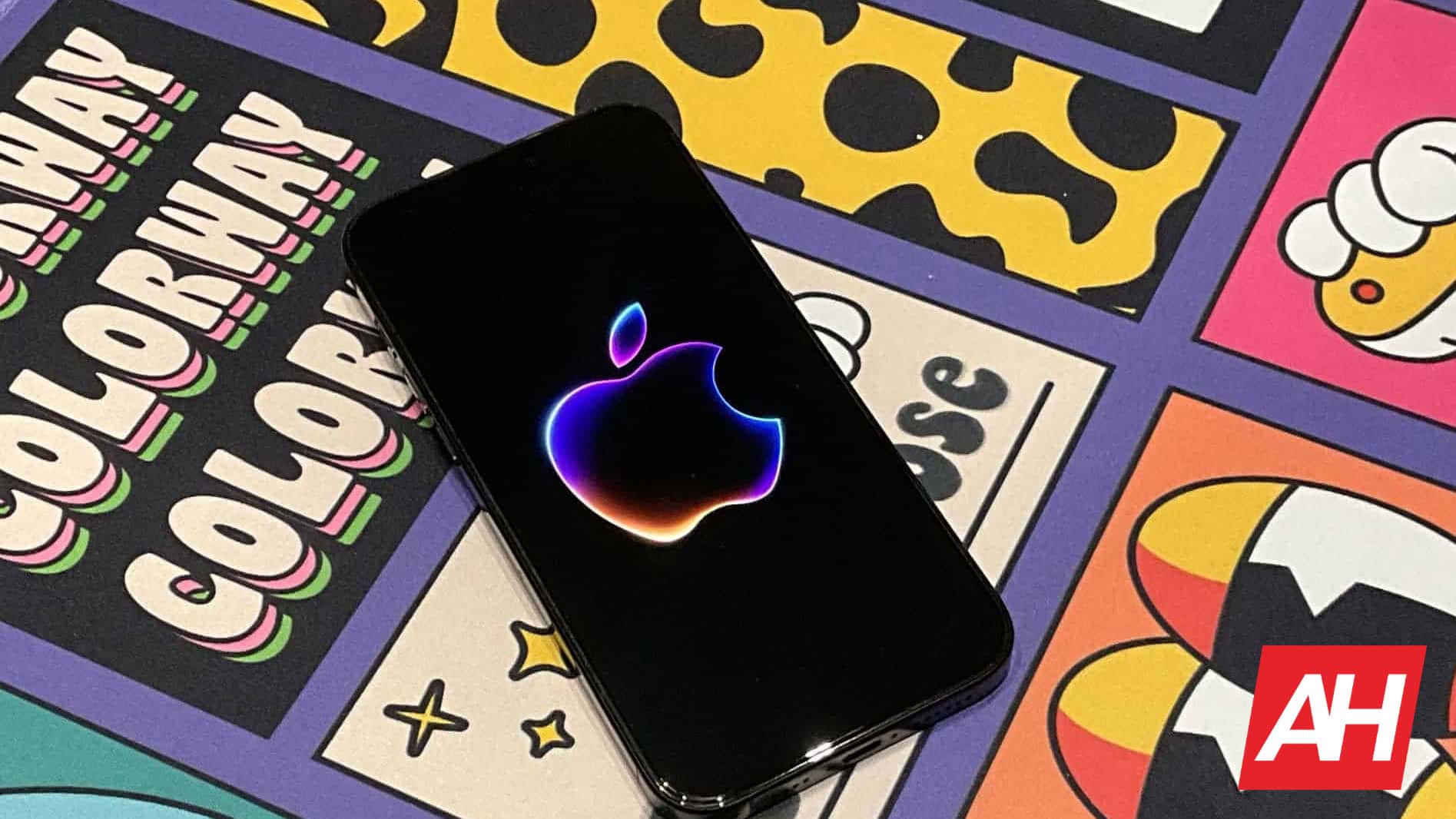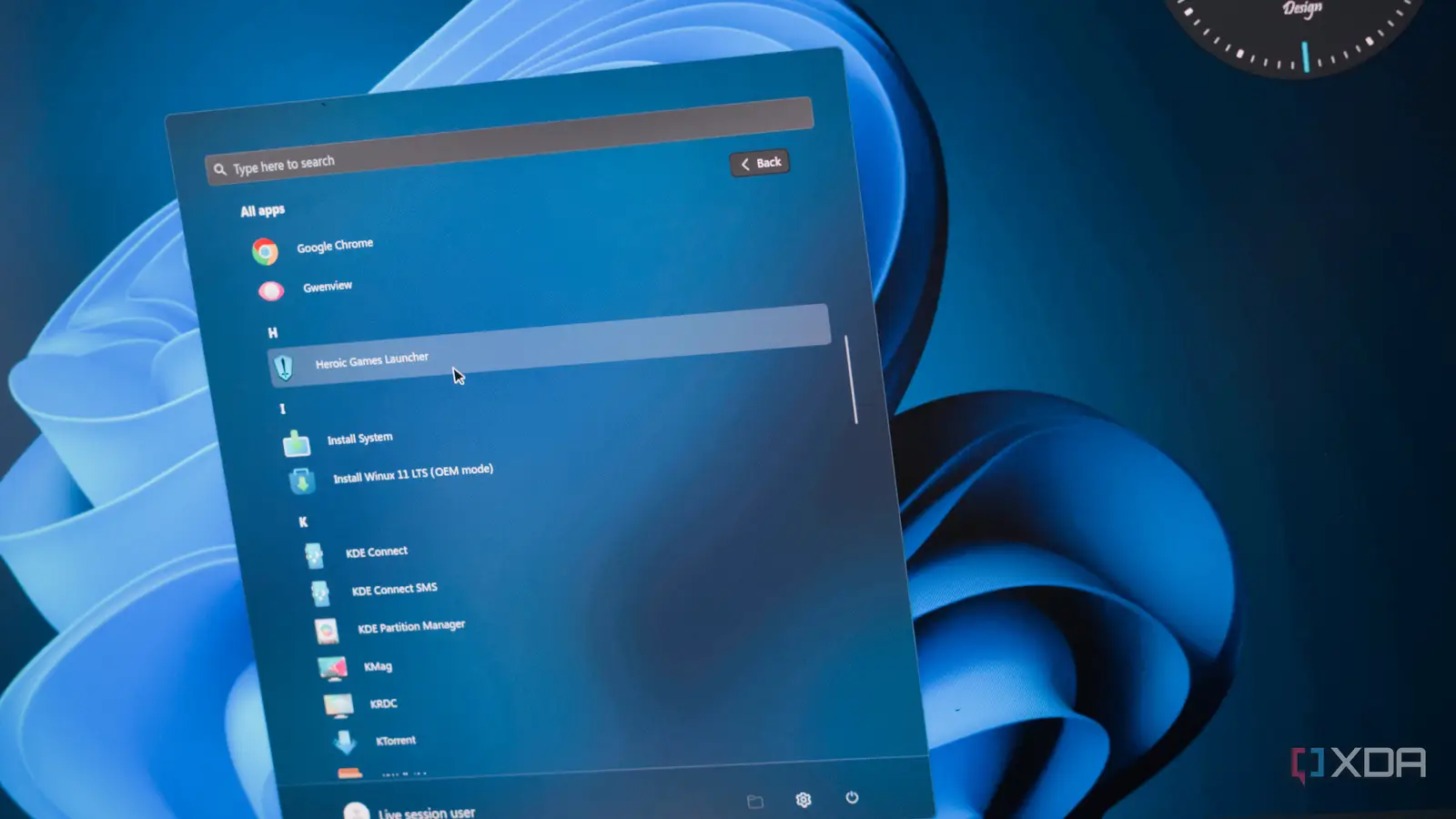
Apple is known for keeping its biggest technological advancements tightly under wraps. Now, details have emerged about a powerful, internal-only tool the company developed. We’re talking about a fully functional “ChatGPT-like” chatbot app that Apple staff uses to prepare Siri’s promised big AI-powered upgrade.
Veritas: Apple’s ChatGPT-like app to test Siri’s upcoming AI upgrade
As reported by Bloomberg, Apple employees call the testing application Veritas, Latin for “truth.” While the software gives Apple staff an early look at generative AI technology, the company has no current plans to release it to the public. Instead, it focusses on deep system integration rather than a standalone chatbot app.
Veritas functions much like other major AI chatbots. It lets users manage complex conversations, save past chats, and supports extended back-and-forth exchanges across various topics. Apple designed it to be a dedicated, rigorous testing environment for its AI division. It allows them to quickly evaluate the new technology powering the upcoming Siri features and gather feedback on the utility of the chatbot format itself. This internal-only approach allows Apple to control the environment and maintain its high-quality standards ahead of a major public launch.
The high stakes of the Siri overhaul
The reason for this intensive internal testing relates directly to the high-stakes overhaul of the voice assistant, code-named Linwood. This new version of Siri is a massive undertaking. It relies on large language models (LLMs) and a combination of Apple’s own work and potential third-party platforms.
The goal is ambitious: to transform Siri into a powerful personal data agent that can search personal emails and song libraries, execute complex in-app actions like editing photos, and interact with on-screen content. These major features aim to fundamentally change how Apple users navigate and control their devices.
The company needs a thorough system like Veritas. The original launch, planned for last spring, was postponed. Reports indicate the original features suffered from serious engineering problems, with failure rates reaching as high as one-third of the time.
That earlier delay triggered a significant overhaul of Apple’s AI leadership. Reports indicated the sidelining of AI chief John Giannandrea and some of his deputies at the time. Furthermore, Robby Walker, who oversaw Siri until the delays, will leave Apple in October.
Integration, not standalone
According to the latest reports, the upgraded Siri could debut as early as March. Its development involves advanced negotiations with external partners, too. For instance, the company recently ramped up discussions with Google about deploying a custom version of the Gemini platform specifically for this massive effort.
Lastly, it’s noteworthy that Apple’s broader AI push extends beyond the current Siri project. The firm is working on a visually redesigned voice assistant set for late next year and is preparing a push into AI-based web search features.



